
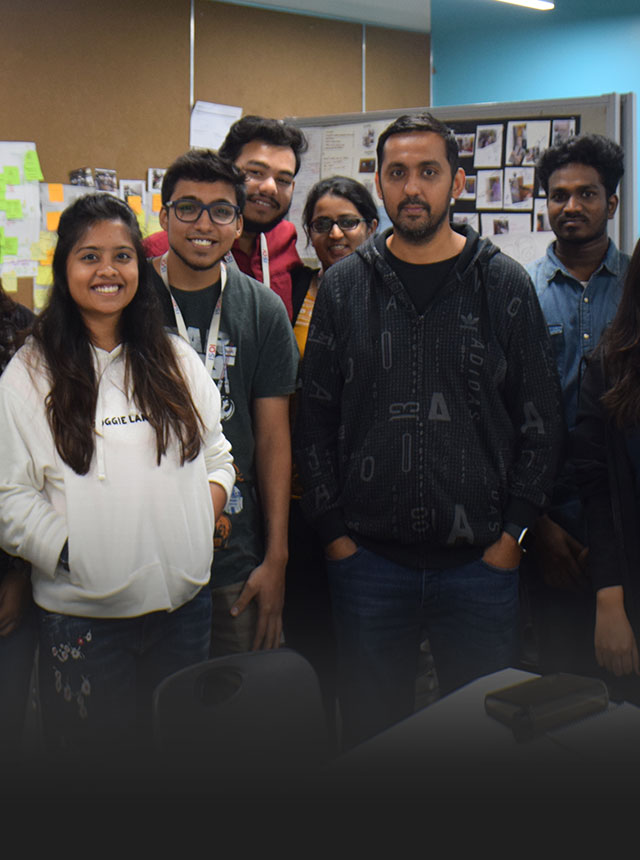


11-Month PG Course in
Design and Innovation -
Fusing Design, Systems, Behavior Sciences, Experiences and a whole lot more.
Enter your details below
OVERVIEW
Nurturing Designers, Strategists and Entrepreneurs, DI is a thought-evoking process which shapes mindsets to solve for the future. Crafted to challenge minds, 11 months at the DI Lab are a game-changer. We believe in the power of design as a process to create impact. Want to solve wicked and perplexing challenges with ease but not sure how? DI dives deep into Design Thinking and Human-Centricity for professionals to explore the innovators in them!
Industry Connections
Guest lectures conducted by noteworthy influencers of the design industry

Praveen Juyal
Head of Design, Societe General Global Solution Centre

Anish Tripathi
Vice President, Media.net
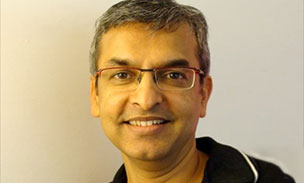
Abhimanyu Kulkarni
CD, Philips Design India
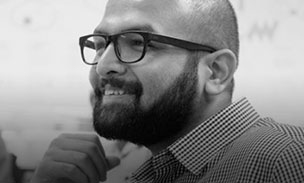
Manas Karambelkar
Sr. Interaction Designer
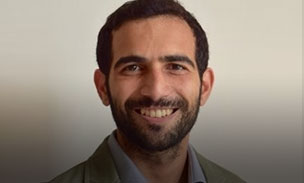
Soumitra Bhat
Director, Strategic Innovation
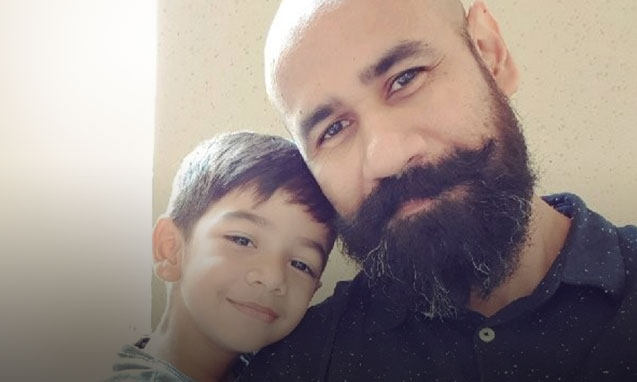
Mithun Rodwittiya
Co-founder, 2point5; Ex-Human Factors International

Vivek Thashnath
Product Designer,
Leo Burnett
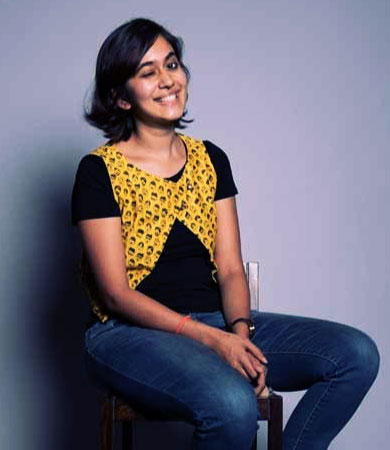
Disha Shah
UX Lead,
Fractal Ink Design Studio
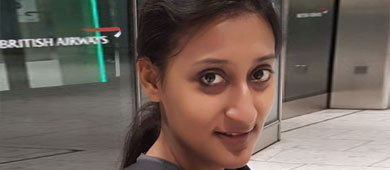
Khushboo Gera
Manager - Innovation,
Godrej Consumer Products Limited
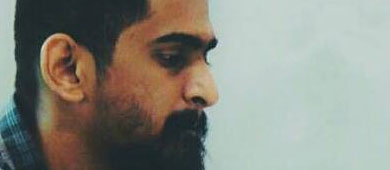
Aniket Wadke
Co-founder, Volume Zero
Program Curriculum
An outline of what topics our curriculum comprise
A journey into the concepts of systems, subsystems, elements, entities, their relationships, gaps and opportunities in the context of design, the core subject covers various structured methods of systems analysis. Systems approach to situations and problems, systems and subsystems, elements and entities of system, relationships and gaps, Inter relationship of system elements in relation to other elements, Internal and external components of system and objects. Internal compatibility of their components and external compatibility with the environment of use, user behaviours, engagement, legality and other relationships- and their influence in design decisions making.
The Objective of this course is to open up the students to learn free, lateral thinking and initiate creative making, encouraging students to learn using hands on work and break away from traditional learning methods.The course is conducted in the form of workshops, studio modules and field trips and encouraging students to assimilate knowledge through observation of the real world. The course will cover: The habit of tinkering; Exercises in lateral thinking; Exercises in creative problem solving; Exercises in craftsmanship; Problem identification in the real world; How to find creative solutions by doing; How to inculcate the habit of making; introduction to the maker and DIY communities; Building simple models using off the shelve mechanical, electrical and electronics DIY kits; Building working solutions to perceived problems in the world.
Aimed at guiding the students through the Design Thinking, Design Research and how the research data can be analyzed and defined into a detailed actionable brief. The course also focuses on User-Centric approach of design research and methods for working on an appropriate solution for a problem space. There is emphasis on unlearning and learning to cultivate a knack for design thinking, design research, and creative problem solving among the students that will work as a good foundation for them. It is supported by the design thinking and research approaches of various design schools including D School, Stanford, Design Programme, IIT Kanpur etc. and also prestigious design consultancies including IDEO, to bring both academic and industrial flavor in the content and learning. Collectively, the cases, readings, lectures, and exercises in this course are designed to provide students with an appreciation of the strategic significance of the discipline of Design Thinking. An understanding of the strategies and tactics involved in Design Thinking and Design Research. Exposure to Design Thinking success in a variety of categories. The ability to look at Design Thinking as an innovation discipline as well as a creative and multidisciplinary endeavour.
The course challenges students to develop a comprehensive project that synthesizes prior program learning. Reconciling multiple stakeholders and audiences, students work towards presenting their projects as a form of social engagement, with a particular focus on user-centered design and innovation. Students primarily work individually but may collaborate with classmates and other programs with special approval. Introduction to social innovation, models, frameworks and case studies, wicked problems, data collection tools, probes, identification of system behaviour, preliminary maps, etc.. Students develop a comprehensive systems map that offers a meta view of the social challenges being addressed, identify inflection points, causal loops and a prospective bouquet of solutions. Extended discovery of the opportunities through 2x2 matrix, know-how ladders, 5W analysis, Spider diagrams, DVFI matrix, Rose bud thorn Analogies and metaphors, ways of expression, constraint mapping, 3 ways of looking, cognitive biases, six thinking hats, idea sprint, material mapping and co-creation.
The course aims at enhancing the sensitivity towards 3 Dimensional Form, Proportion and Interrelationship of 3D elements to achieve a level of aesthetic. Introduction to rectilinear 3D Form and curvilinear 3D Form. Expression of positive volume and negative space, relationship between axes, the mass and the outline, arrangement of Lines in Space, their composition to achieve balance and beauty, Inherent proportion and relative proportions of solids, orientation and position to achieve level of comfortability, Convexity and Concavity through adding and subtraction of positive and negative form in the space and volume respectively, Organic forms and Abstraction, among other aspects of the subjects.
Designers design and redesign our day to day realities. Professional designers evaluated based on how well they can design conditions that have good enough qualities valued by people and organizations. The focus of this course is on understanding of complex professional design processes. It is believed that a reflective and philosophical understanding of design practice supports and fosters a developed practical design competence. In this course students explore, analyze, study, and discuss how design can be understood, described, and developed as a process of inquiry, thought, and action. During the course students critically investigate design practice and develop a theoretically grounded understanding of design thinking and design action, by reading seminal texts on design theory, by examining the design process, by reflecting on design experiences, and by conducting intellectual discussions. The overall purpose of the course is to support each student to establish a personal, reflective, and examined intellectual position in relation to design as a professional process of inquiry, thought, and action.
This course is an introduction to how design practitioners can situate their practice within a larger sociological or cultural context. Students learn to identify and apply theoretical constructs to problematize their domain of intervention, learn to unpack it first-hand using a variety of research techniques, and then learn to translate their experience and learning for a variety of different audiences. Since learning happens outside of the classroom, there will be an emphasis on projects, experiments, independent research and fieldwork. The initial sessions are seminar-based explorations of fundamental concepts, but gradually move towards a studio setting, with collaborative projects and peer critique. The final deliverable from each participant can be a written/audio-visual/new media report based on their project work through the course.
The course provides an introduction to the methodological foundations and tools for undertaking systematic empirical research, enabling students to become well versed with research terminology, be able to prepare research proposals containing appropriate research designs, measurement techniques and assessment methods, be aware of the ethical principles of research, challenges and would be equipped to consider and evaluate ethical issues appropriately, understand and explain various approaches including quantitative, qualitative and mixed methods for conducting research and critically analyse published research and write research papers.
The course introduces students to the concepts, analyses, and activities that comprise marketing management, and to provide practice in assessing and solving marketing problems. The course lay the a foundation for advanced electives in Marketing as well as other business/social disciplines. Topics include marketing strategy, customer behavior, segmentation, market research, product management, pricing, promotion, sales force management and competitive analysis.
There is a widespread recognition that competition between businesses today is not solely based on their competitive strategy but on their business models. Furthermore, a sustainable competitive position is reached only when a company is able to innovate its business concept and from there its business model. Companies today are engaging in “strategic benchmarking”, that is, learning from the best practices entailed in the innovative business models of companies in a wide variety of industries in different countries. This course analyses innovative business models of diverse companies through the systematic application of various conceptual frameworks.
Designed for students who are new to virtual and augmented reality, the AR/VR core is for students who want to learn about the principles of technology including optics, displays, stereopsis, tracking, and major hardware platforms. No programming experience is required to get started. By the end of this course, students create and deploy an AR or VR application. Applications such as Unity, Unreal Engine, Blender, etc., are taken through.
Creating a new business is a challenging and complex task. The road to entrepreneurial success is long, winding and strewn with pitfalls, obstacles and blind turns. The risks of starting a new business are high, as illustrated by the high failure rates for new ventures. However, as is always the case, the rewards are commensurate with the risk: in addition to the psychic rewards of starting a business, witness the dominance of entrepreneurs in the Forbes 400 list. Helping students understand the process, challenges, risks and rewards of starting up a new business, equipping them with the tools required to start their own business Improve their chances of successfully starting their own business.
User Experience plays a very critical role in the successes and effectiveness of any Product. Application and Service. It’s not enough to simply have technologically advanced and aesthetically appealing products, applications and services - but it is critical that they deliver good user experience to their end users. The course guides the students through the critical elements of User Experience (UX) design, the UX Design process including, user research, defining the research outcomes and insights, research deliverables; elements of Visual Communication and Graphics Design; Information Design & Data Visualization, Interaction Design, User Interface Design Elements, Storyboarding and Screen Design, Usability Engineering and testing etc.
This course is to open up the students to learn free and lateral thinking and initiate creative making. The course encourages students to learn using hands on work and break away from traditional learning methods. Students are evaluated on the basis of overall development of relevant skills. This is done by assessing the quality of work students do in classroom exercises.
The course aims at imparting knowledge of the basic concepts of Interaction design, its guiding principles, concepts and process details. The course covers basic concepts in Interaction Design. Interaction Models - issues in manmachine interface, ergonomic considerations, dialog. Paradigms for interaction - time sharing, Video display units, Programming toolkits, Sensor based context aware interaction, Multi-modal displays etc. Interaction Design Process: User focus; Scenarios; Navigation Design; Screen Design and Layout; Iteration and Prototyping. Design: Principles; Standards; Guidelines; Rules and Heuristics Principles. Design Techniques: Scenario building; Personas, Brainstorming, Storyboarding, Wire framing etc., Evaluation Techniques: Expert Analysis; Heuristic Evaluation; Evaluation through User Participation, Case examples in Human computer interaction.
Chance to explore, prototype and test new and innovative services that address real challenges faced by people in India today. Working in groups and with a wicked problem to solve, students follow the design thinking process to go from exploration to implementation of the service. They are exposed to ethnographic methods to understand the needs, motivations, belief and challenges faced between service providers and receivers as they co-produce the experience. They are also required to unravel the interactions between provider and receiver of the service, to get a zoomed in - zoomed out view using tools such as user story maps and journey maps. With fresh insights from the primary research the teams ideate strategic and tactical ideas that together form the ingredients for a service blueprint. The services touch points are then prototyped and tested for acceptance. At the end the students present their process, solution and learnings. The goal of the course is for students to become familiar with the tools and process used to understand people and design meaningful services for them. We also review case studies on service design, industrial design and UX design so that the differences between service design and product design is apparent.
In this class, designers explore methodologies of strategic communication, development of visual systems, and information design ideation processes. The learning leads to applied projects in print and digital media and devote 2 hours a week in class interactions and 6 hours a week homework outside of the class.
Prerequisite: ISDI DI 508 Creative Visualization.
The course looks at how technology can be leveraged creatively with design. With options to work on such as IoT, Arduinos, different coding systems, etc., the students explore the basics of technology and find simpler solutions to the most common/basic problems known to humans.
Students take up independent projects, depending on their interests and inclinations. Students are alloted industry experts or faculty members who can mentor them through their respective projects. Students are given extra time every week to work on their respective projects, which require the creation of a product, service, system change, business model innovation, or behavior change, depending on the theme chosen by the student.
The Capstone is the application phase of the course, putting students in the forefront to work on real world problems with Industry Partners. With collaborations with organisations such as Philips, L&T, KPMG, Infosys, etc., students get to work on projects on Design Thinking, User Interface, Service Design, among other key subjects. The phase ends with a presentation on the work done during the capstone, which the students are marked upon. The exposure from the industry, clubbed with the knowledge from the course prepares the students to get to work, finally.

Bhaskar Bhat
Consulting Mentor
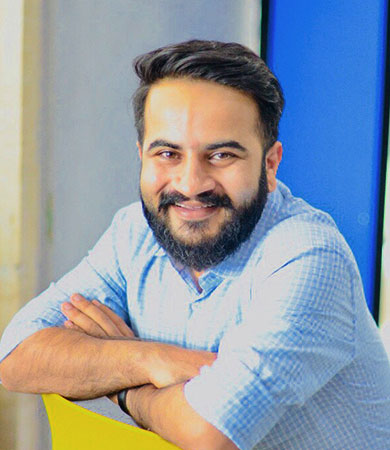
Amit Kundal
Program Director, Dean (R&I)
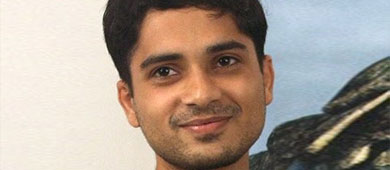
Ashutosh Deshmukh
Faculty

Shamit Shrivastav
Faculty
WHY ISDI

Curricular
Collaboration

Industry Leaders
as Guest Faculty










Social Connect
A glimpse of ISDI without any filter
View in Instagram